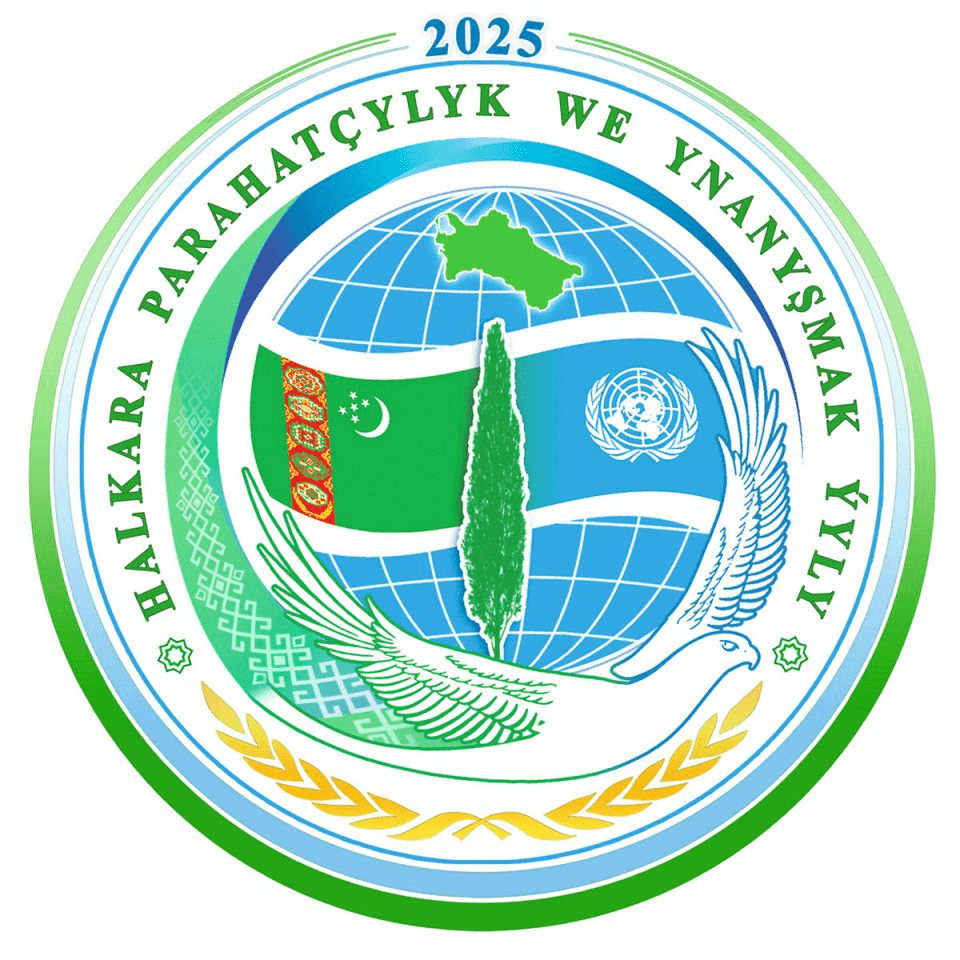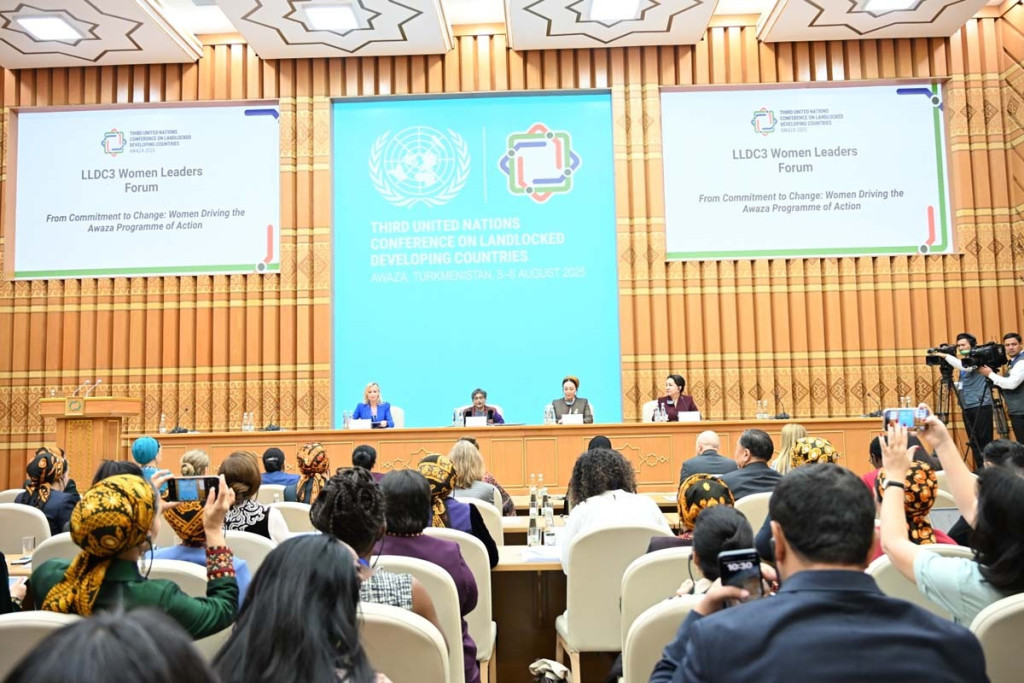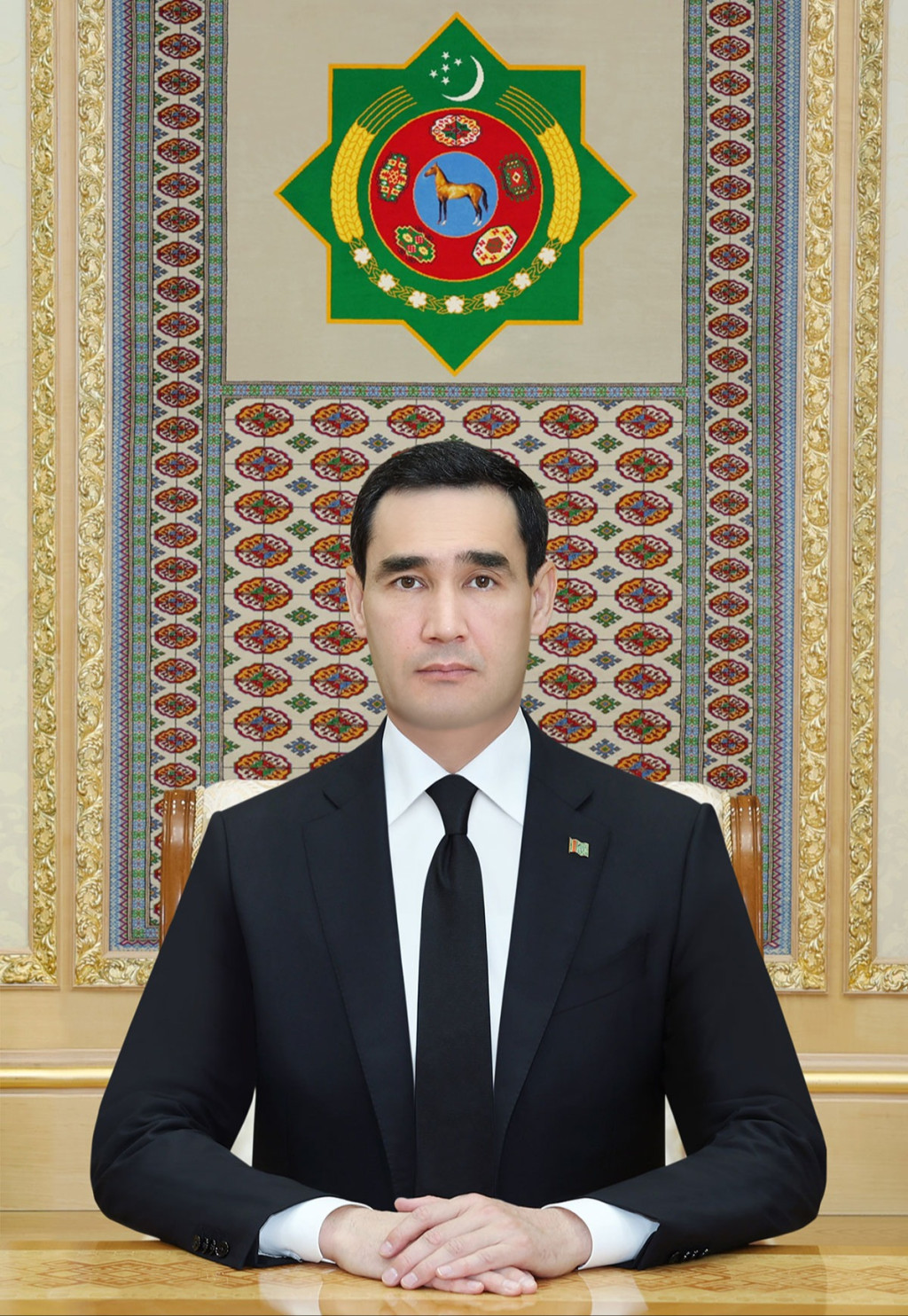
The Private Sector Forum, which was held within the framework of the Third UN Conference on Landlocked Developing Countries, has ended in the Avaza National Tourist Zone.
The thematic session “Development Opportunities for LLDCs” discussed measures aimed at sustainable and inclusive development of landlocked countries through strategic use of their potential in the rapidly developing global economy. The session was organized jointly with the United Nations Industrial Development Organization (UNIDO).
As noted, landlocked developing countries make up a significant portion of the global economy, but they face certain challenges due to their geographic location. The lack of direct access to seaports creates logistical, transport, and economic difficulties.
At the same time, LLDCs have enormous potential. Modern technologies, expanded regional cooperation and innovative approaches to economic management open up new prospects for them. In particular, digitalization and the introduction of modern information and communication technologies increase access to global markets and financial services, which in turn contributes to the development of entrepreneurship.
It was also emphasized that investments in sustainable industry will help accelerate economic growth and create new jobs. As a specialized agency of the UN, UNIDO supports the development of environmentally friendly industries in LLDCs.
Energy accessibility is recognized as the basis for any development, and the importance of implementing sustainable energy solutions and energy-saving technologies has been emphasized. The private sector is a key driver of reforms in this area. Investments in renewable energy sources, innovative technologies and production not only ensure economic development, but also help reduce harmful impacts on the environment.
It was noted that neutral Turkmenistan, pursuing an "open door" and good-neighborliness policy, is implementing specific measures to form a multi-vector network of international transit transport corridors. Large projects are being implemented jointly with foreign partners to create a coordinated regional and interregional logistics system connecting Central Asia, Europe, the Caspian, Black and Baltic Sea regions, the Near and Middle East, South and Southeast Asia. By consistently working in this direction, Turkmenistan is actively involved in finding acceptable solutions to the most important issues on the regional and global agenda, making a significant contribution to achieving the Sustainable Development Goals.
Large-scale projects to strengthen the country's economic potential and improve the well-being of the people are being successfully implemented in the neutral Fatherland. The Program "Revival of a New Era of a Powerful State: National Program for the Socio-Economic Development of Turkmenistan in 2022-2052" and the "Program of the President of Turkmenistan for the Socio-Economic Development of the Country in 2022-2028" attach special importance to the development of the national economy, including the transport and communications sector.
The Forum participants noted the need to create a favourable investment environment for LLDCs, strengthen public-private partnerships, develop human capital, support innovation and expand entrepreneurs’ access to financial resources.
There was general agreement that the combined efforts of governments, the private sector and the international community will help transform the geographical challenges of LLDCs into opportunities for sustainable and inclusive growth. Speakers noted that only through joint action can favourable conditions for long-term economic development be created.
The session, co-organised with the UN Global Compact, focused on issues of financing and investment.
As noted, ensuring broad access to financial resources is a key condition for solving economic and infrastructure problems. The creation of effective financing mechanisms is recognized as a priority for achieving sustainable and inclusive growth.
Digitalization of financial services and innovative solutions open up new opportunities to expand access to finance. Mobile platforms and other technologies help remove barriers and reduce the costs of banking operations. These mechanisms are especially important for supporting entrepreneurship, the basis of economic growth in LLDCs.
The reports noted the importance of international cooperation with financial institutions to attract investment in large infrastructure projects. Such initiatives should be aligned with national development strategies and take into account the specific features of each country.
According to experts, expanding financing in LLDCs requires a comprehensive approach, including measures such as developing financial markets, introducing innovations, strengthening cooperation and intensifying international support.
The Forum then continued with a thematic session on “Digital Development”, organized jointly with the International Telecommunication Union.
The presentations noted that the rapid growth of digital technologies is helping to accelerate social and economic development in LLDCs. However, this requires governments and the private sector to increase strategic investments in digital infrastructure and stimulate innovative digital solutions across all sectors.
Developed digital infrastructure improves cross-border connections, reduces trade barriers and facilitates the integration of LLDCs into the global digital economy, increasing the investment attractiveness of these countries, especially in e-commerce and technology. Increased investment stimulates the economy and opens up new business opportunities.
The speakers stressed the importance of developing other infrastructures, as well as digital technologies. Only such a comprehensive approach will allow achieving sustainable economic growth in the LLDCs.
The forum concluded with a high-level final session, which identified priority areas for ensuring sustainable development of landlocked countries through the active involvement of the private sector in the implementation of the Avaza Action Programme.
The results of the Forum were reflected in the adopted final document.
The Forum participants expressed gratitude to the Turkmen side for the high organizational level of the event.



